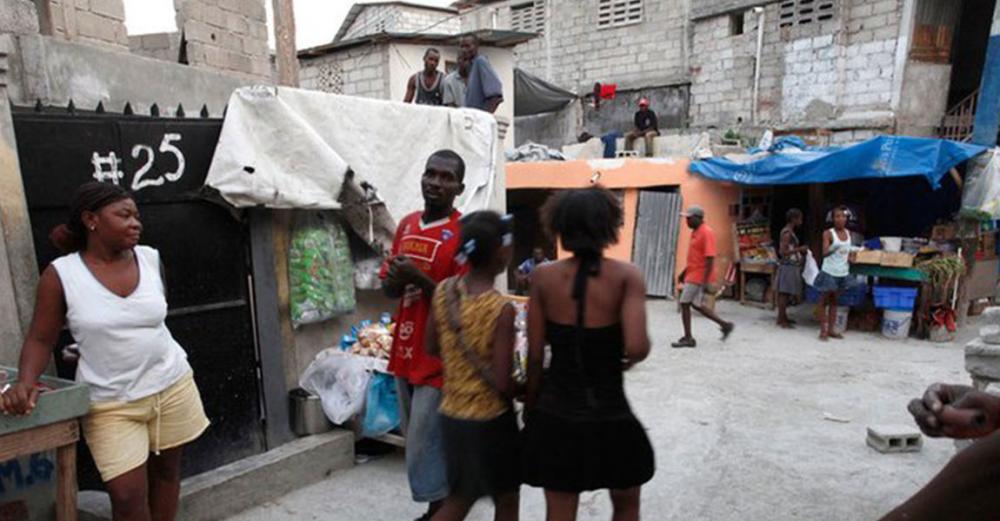Just Earth News | @justearthnews | 01 May 2020, 09:11 am Print

New York : The United States must urgently lift its blockade on Cuba to save lives amid the expanding COVID-19 crisis, UN human rights experts stressed on Thursday, emphasizing that the more than six-decades-old sanctions are impeding the supply of medicine, medical equipment, food and other goods essential to surviving the pandemic.
The joint statement by UN special rapporteurs, independent experts and working groups, calls on the US administration to withdraw measures aimed at establishing trade barriers, and ban tariffs, quotas, non-tariff measures, noting that they are obstructing humanitarian responses to help Cuba combat COVID-19.
They said the US has ignored repeated calls to waive sanctions that undermine the capacity of Cuba and other countries to respond effectively to the crisis and save lives.
“In the pandemic emergency, the lack of will of the US Government to suspend sanctions may lead to a higher risk of such suffering in Cuba and other countries targeted by its sanctions”, the experts said.
‘No one should be denied’ care
COVID-19 is not only deadly, it also inflicts enormous physical and psychological suffering, especially in countries where medical personnel are unable to perform their professional duties due to a lack of adequate equipment and available medicine.
A chorus of voices across the UN system have emphasized, since the onset of the pandemic, that bringing the virus under control will only be achieved through multilateralism, cooperation and solidarity.
In their statement, the UN experts voiced alarm that the US embargo on Cuba – along with sanctions imposed on other countries – seriously undermines efforts to build that much-needed solidarity.
“In the face of such global challenge, no one should be denied vital medical care,” they stressed.
Slow imports, out-of-reach technology
The economic and financial embargo, first imposed by Washington in 1958, adds a cumbersome and expensive licensing process to the export and re-export of goods to Cuba. The issuance of licenses or clearance for exemptions can take several months, according to the experts.
“Since the outbreak of the COVID-19 pandemic, the impact of the comprehensive embargo has imposed additional financial burden, increased cargo travel time due to an inability to procure supplies, reagents, medical equipment and medicines necessary for the diagnosis and treatment of COVID-19,” the experts said. It also makes access to technology difficult, delaying the development of e-health and telemedicine.
“This is a matter of utmost importance and great urgency,” they said. “The COVID-19 virus does not choose its victims. It crosses borders easily and targets people regardless of nationality, race, religion, political opinion or social status.”
The UN General Assembly has repeatedly expressed its concerns about the effects of the US blockade – including its humanitarian and health impacts – demanding its urgent repeal in a series of 28 consecutive resolutions.
The Special Rapporteurs are appointed by the UN Human Rights Council, which is based in Geneva, to examine and report back on a specific human rights theme or a country situation. Their positions are honorary, and they are not paid for their work.
- New hybrid Mpox strain surfaces in UK and India — WHO sounds global alert
- Deadly weight: Obesity now responsible for 1 in 10 infection deaths worldwide
- Coffee and tea: This everyday drink may help protect your brain from dementia
- Happy Chocolate Day! The sweet secret behind chocolate’s hidden benefits
- Cambridge study finds menopause affects memory, mood, and sleep





-1763561110.jpg)
